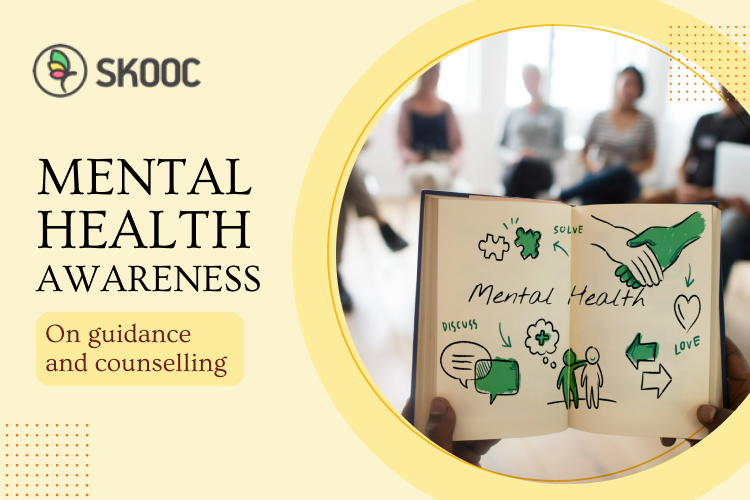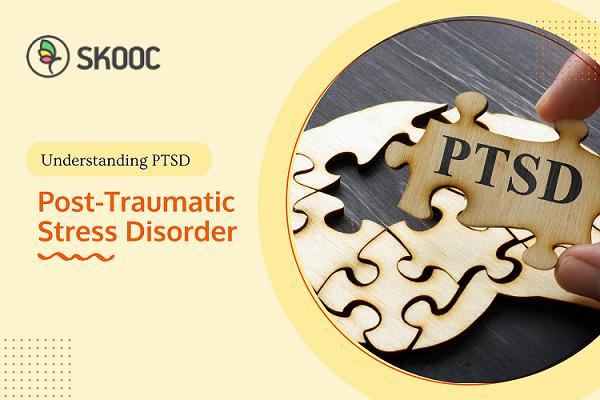
Ever feel like your brain is running on fumes? You’re not alone. Between work, responsibilities, and the never-ending demands of daily life, it’s easy to feel mentally drained. But just like staying physically active keeps your body in shape, building mental fitness helps you stay sharp, manage stress, and handle whatever life throws your way. And the best part? It doesn’t require big lifestyle changes—just small tweaks that fit right into your daily routine.
Think of your brain like a muscle. The more you train it, the stronger it gets. You’ve probably heard that meditation, exercise and a balanced diet are great for mental well-being, but let’s be real—not everyone has the time or patience for long mindfulness sessions. What if you could improve focus, reduce stress, and boost problem-solving with quick, simple hacks? Things like adjusting how you blink, shifting your visual focus, or taking microbreaks can make a bigger difference than you’d expect.
These mental fitness hacks don’t take extra time or effort. They work with your brain’s natural rhythms to help you stay clear-headed and emotionally balanced. The benefits of mental health help you take control of your thoughts. Ready to think better, feel better, and stress less? Let’s get into it.
15 Mental Fitness Hacks You Didn’t Know You Needed (But Won’t Want to Live Without)

1. Blink Like You Mean It—Your Brain Needs a Breather
Have you ever been so focused on a task that you forget to blink? It sounds strange, but when you’re hyper-focused, your blinking rate drops, leading to dry eyes and mental fatigue. The cool part? Blinking isn’t just about keeping your eyes moist—it actually gives your brain a quick reset. Each blink shifts your brain into “default mode,” a state linked to mental clarity and creativity.
Hack: The next time your brain feels foggy, pause and take 10 slow, intentional blinks. It’s like hitting the refresh button on your focus.
2. Hit Pause, Not Burnout—The Magic of Microbreaks
Do you ever stare at a screen so long that everything starts blending together? That’s your brain telling you it’s overloaded. Your decision-making and problem solving part of the brain gets tired just like a muscle. The fix? Short, well-timed breaks. Studies show that stepping away for just five minutes helps restore focus and prevent burnout.
Hack: Try the 25-minute rule—work for 25 minutes, then take a 5-minute break. Stand up, stretch, breathe deeply, or just look out the window. Your brain will thank you.
3. Side-Eye Your Stress Away (Seriously, It Works!)
Have you ever noticed how stress makes your vision feel narrow, like you’re stuck in tunnel mode? That’s because your brain is in fight-or-flight mode, zeroing in on potential threats. But when you intentionally shift your focus to what’s in your peripheral vision, your nervous system gets the message: Hey, we’re safe. No need to panic.
Hack: Spend 30 seconds widening your gaze. Instead of staring straight ahead, relax your eyes and take in everything at the edges of your vision. This simple trick can help dial down anxiety fast.
4. Chew on This—Gum Can Make You Smarter
Chewing gum might seem like a mindless habit, but it actually gives your brain a boost. Research 101 says that chewing increases blood flow to the hippocampus—the brain’s memory hub—helping with focus and recall. Plus, the repetitive motion can keep your brain engaged during long tasks.
Hack: Next time you need to concentrate, pop in a piece of sugar-free gum. It’s an effortless way to stay sharp.
5. Read It Out Loud—Your Brain Loves the Sound of Your Voice
Do you ever read something and immediately forget it? You’re not alone. But here’s a trick: reading out loud engages multiple senses, making it easier for your brain to store information and be attentive in the present moment. It’s like your brain saying, Oh, this must be important—I’m hearing it too!
Hack: The next time you need to remember something, say it out loud. Whether it’s an important detail or a concept you’re studying, speaking it helps cement it in your memory.
Emotion and Stress Management Hacks
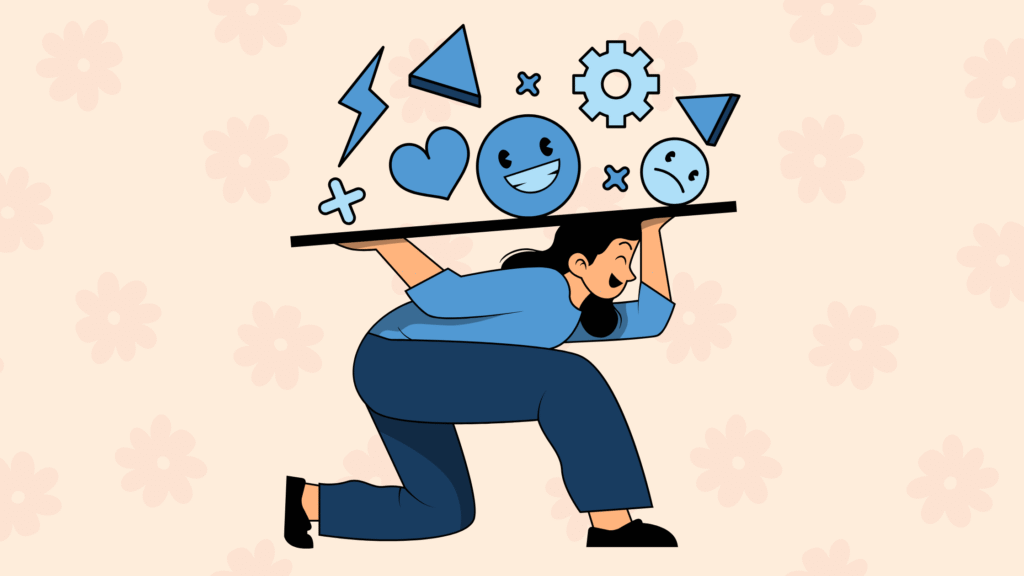
6. Sigh (on Purpose) to Instantly Feel Calmer
Do you ever let out a deep sigh when you’re frustrated? Turns out, your body knows what it’s doing. A physiological sigh—two quick inhales through the nose, followed by a long exhale—helps your nervous system relax and calms the mind almost instantly. It’s like a reset button for your stress levels.
Hack: The next time you feel overwhelmed, take 3–5 intentional sighs. You’ll be surprised at how quickly your body shifts from tension to relief.
7. Walk (or Dance) in Sync with Someone
Have you ever noticed how good it feels to walk in rhythm with someone? There’s a reason for that. Moving in sync with others—whether it’s walking, dancing, or even clapping—boosts oxytocin, the “bonding” hormone. This strengthens social connections and makes you feel less alone.
Hack: Walk in step with a friend or dance with your kid for a few minutes. It’s a simple (and fun) way to improve your mood without even thinking about it.
8. Name Your Feelings to Take Away Their Power
When emotions hit hard, they can take over. But here’s a trick: simply naming what you’re feeling—I’m frustrated, I feel anxious right now—can help calm your brain. Research tells us that labeling emotions such as stress and anxiety lowers activity in the amygdala (the part of the brain responsible for stress responses), making feelings easier to handle.
Hack: The next time you feel overwhelmed, say what you’re feeling out loud. It might seem small, but it gives you just enough space to step back and respond instead of reacting.
9. Ask Yourself, “Will This Matter in a Month?”
When you’re in the middle of a stressful situation, it can feel like the biggest deal in the world. But if you fast-forward in your mind and ask yourself, Will this matter in a month?—it puts things in perspective. This trick, called temporal distancing, helps your brain zoom out so you don’t get stuck in the moment’s intensity.
Hack: The next time something stresses you out, take a breath and ask yourself: Is this worth my energy? More often than not, the answer is no, ultimately leading to reduced stress.
10. Fake a Smile (Your Brain Won’t Know the Difference)
This one sounds weird, but hear me out—forcing yourself to smile (even if you don’t feel like it) actually tricks your brain into releasing feel-good chemicals like dopamine and serotonin that help fight the negative thoughts. Basically, your brain thinks, Oh, we’re smiling! That must mean we’re happy, and adjusts accordingly.
Hack: When stress creeps in, hold a smile for 30 seconds. It might feel silly at first, but you’ll be surprised at how it shifts your mood.
Cognitive Enhancement and Brain Health Hacks
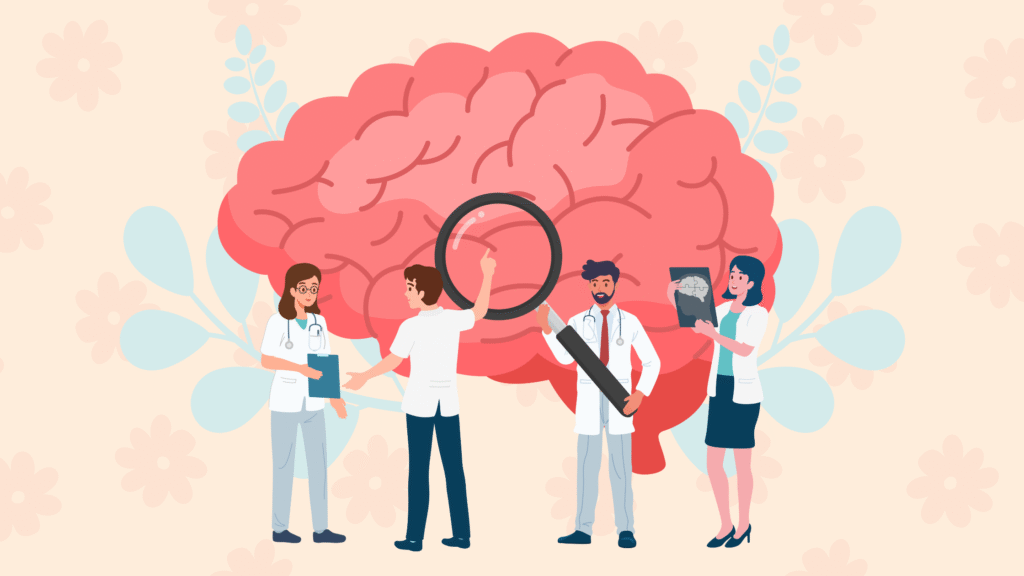
11. Move Your Body (Your Brain Will Thank You)
Have you noticed how your brain “wakes up” after a quick stretch or walk? That’s because physical exercise—especially cross-body exercises like touching your right elbow to your left knee—helps both sides of your brain work together. This boosts coordination, memory, and problem-solving skills.
Hack: Next time you hit a mental roadblock, stand up and do 2 minutes of cross-body movements. It’s like a reset button for your brain.
12. Breathe in the Right Scents for Focus and Relaxation
Your sense of smell is directly linked to the part of your brain that controls emotions and memory. That’s why a whiff of lavender can calm you down, or peppermint can make you feel more alert. Essential oils aren’t just for spas—they’re an easy way to shift your mental state in seconds.
Hack: Need to focus? Sniff peppermint. Feeling stressed? Take a deep inhale of lavender. It’s a simple brain hack that works instantly.
13. Picture Success Before It Happens
Top athletes and performers do it, and so should you. Visualizing yourself acing a presentation or tackling a tough task helps your brain build the confidence to actually do it. Your mind doesn’t fully distinguish between real and imagined experiences—so mental rehearsal creates positive thought patterns making success more likely.
Hack: Before a big task, close your eyes for 2–3 minutes and imagine yourself doing it well. See it, feel it, believe it—then go do it.
14. Trick Your Brain Into Loving Productivity
Starting is always the hardest part, right? The Pomodoro Technique makes it easier by breaking work into 25-minute focus sessions, followed by a small reward. Your brain thrives on anticipation—knowing a reward is coming keeps you motivated and elevates your emotional health.
Hack: Set a timer for 25 minutes, work without distractions, then give yourself a little treat (like a snack or a stretch break). Your brain will start associating work with something positive.
15. Clear Mental Clutter by Writing It Down
Ever feel mentally stuck, like your thoughts are racing but going nowhere? That’s because your brain is overloaded with unfinished tasks and worries. A quick “brain dump” helps clear the noise so you can focus. This dump further helps with time management by helping you visualize a roadmap of all your tasks.
Hack: Before bed or before starting a big task, write down everything on your mind—no filter, no structure, just a brain unload. You’ll be surprised how much lighter and clearer you feel.
The Bottom Line
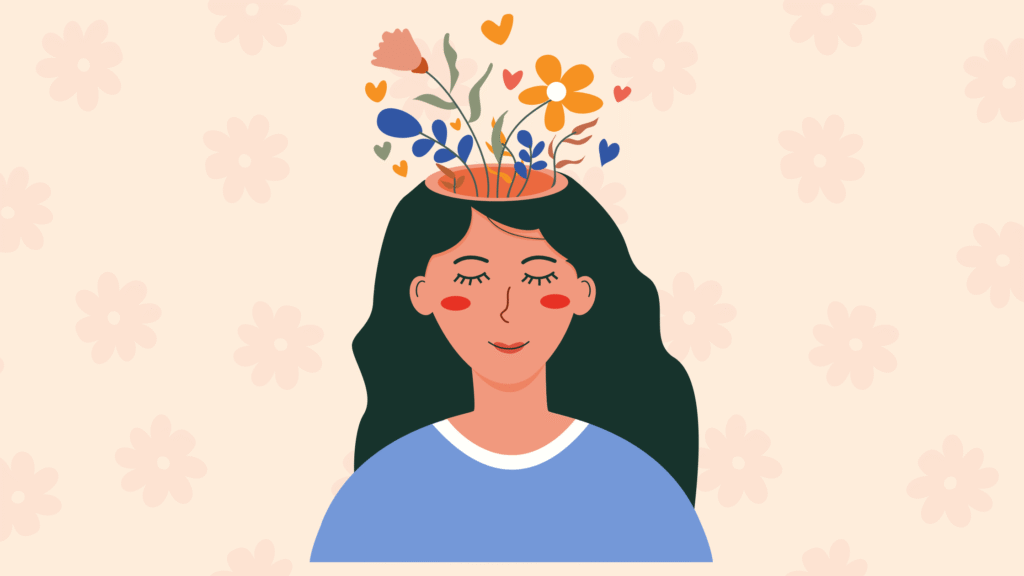
Mental fitness isn’t about meditating for hours or overhauling your entire routine—it’s about sneaky little tricks that keep your brain sharp without making your life harder. Who knew something as simple as blinking more, chewing gum, or taking a quick break could actually make a difference?
Let’s be real—life can be a lot. Your brain is constantly juggling tasks, emotions, and random thoughts like, Did I reply to that email? or What’s for dinner? No wonder it gets exhausted! Instead of pushing through mental fog, why not give your brain a little boost? A few small shifts—like widening your visual focus or sighing with intention—can help you feel clearer, calmer, and more in control.
So, where do you start? Pick one hack, add it to your daily routine, and test it out. Maybe chew gum during your next work session or try a brain dump before bed. You don’t have to do them all—just the ones that feel right for you. And hey, if nothing else, now you’ve got some fun brain facts to drop into conversations. “Did you know blinking strategically can help you focus?” Instant genius moment.
